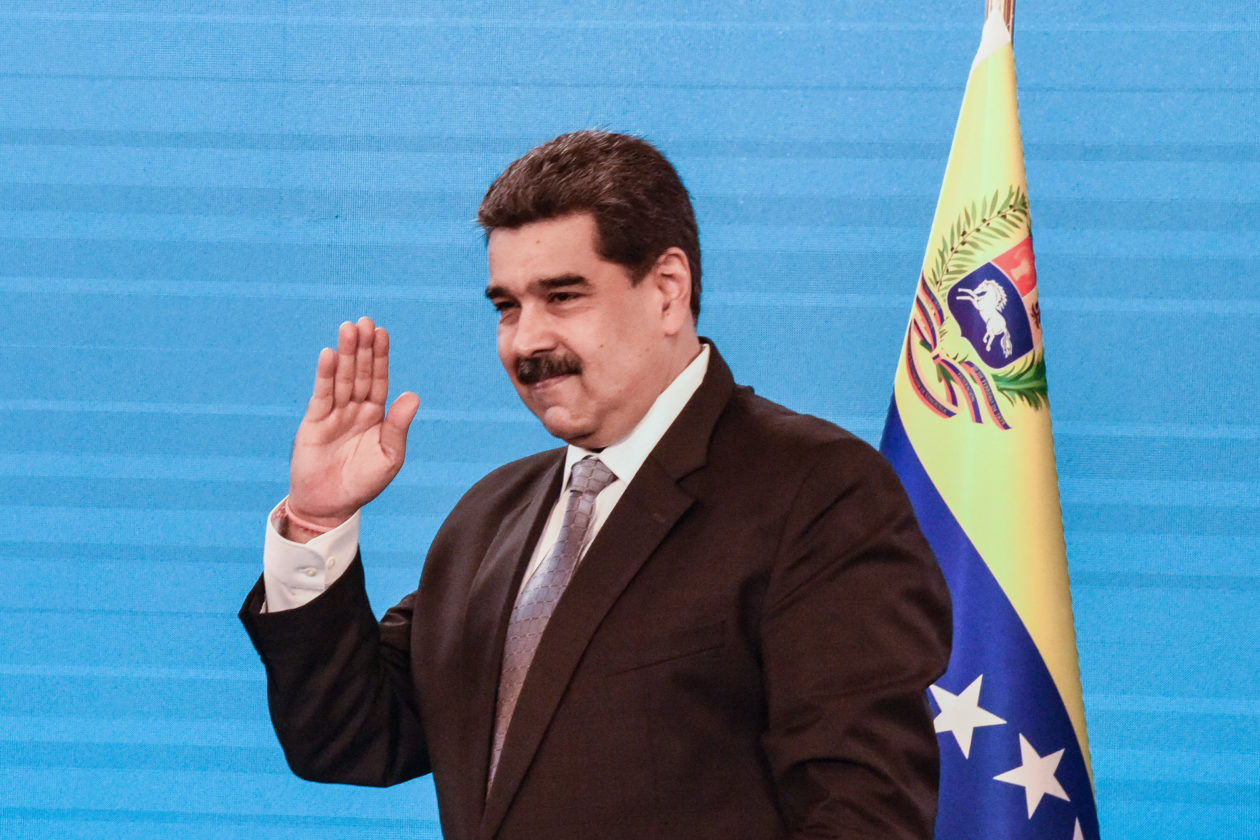In an effort to curb runaway inflation, Venezuela’s central bank is removing six zeros from its currency and putting a digital bolivar into circulation on Oct. 1, according to reporting by Bloomberg.
Fast facts
- An example of a central bank digital currency, the digital bolivar was announced by the Venezuelan central bank’s Twitter account yesterday after first being revealed in February this year. Its rollout and the redenomination of the bolivar is the Venezuelan government’s effort to protect the use of its currency in the face of widespread use of the U.S. dollar in the country — which was itself introduced by the government to quell inflation in 2017.
- Runaway inflation has been a massive issue for the South American country, as Bloomberg’s “cafe con Leche inflation index” has registered a 2,575% rise in the past year alone. This is the third redenomination of Venezuela’s currency in 15 years, with deceased former President Huge Chavez removing three zeros from the currency in 2007.
- Latin America is at the center of a cryptocurrency regulatory movement at the moment, as only on Tuesday a Uruguayan Senator introduced a bill to allow crypto to be used as a legal means of payment for contracts in the country. While some initial reports stated the bill was to make cryptocurrency legal tender in the country, it was later revealed the bill was more limited in its scope.
- In the meantime, El Salvador is counting down the days until Sept. 1 — the official date Bitcoin becomes legal tender in the country. The Central American country became the first in the world to make the move after President Nayib Bukele’s controversial decision to push the legislation through the country’s congress in June.
- The plan does not have broad support from the public, however, as protests against the adoption have been held on the steps of the National Assembly, despite a ban on large gatherings as a preventative measure against Covid-19. Less than 20% of El Salvadorans support the idea, according to a recent survey.

